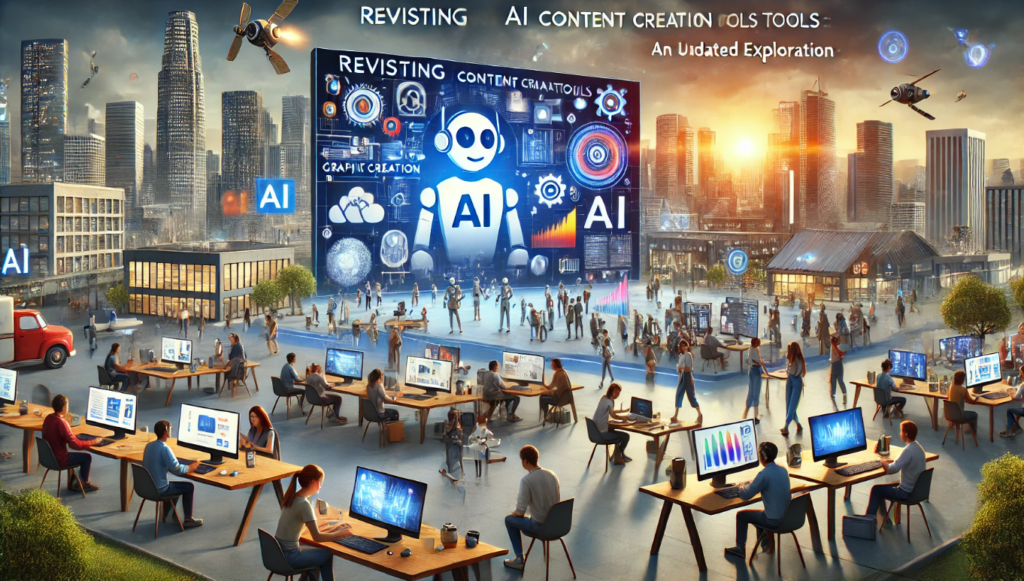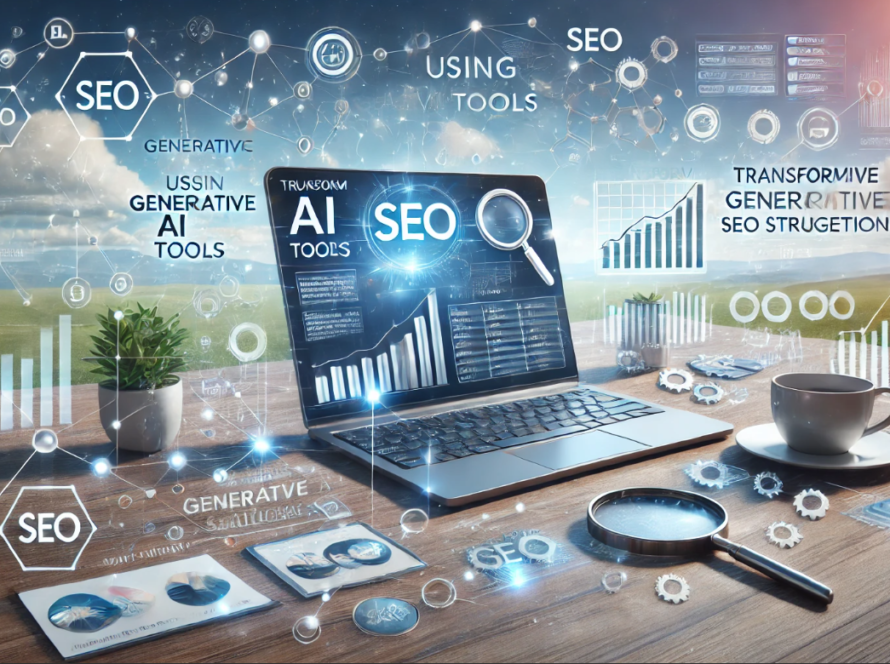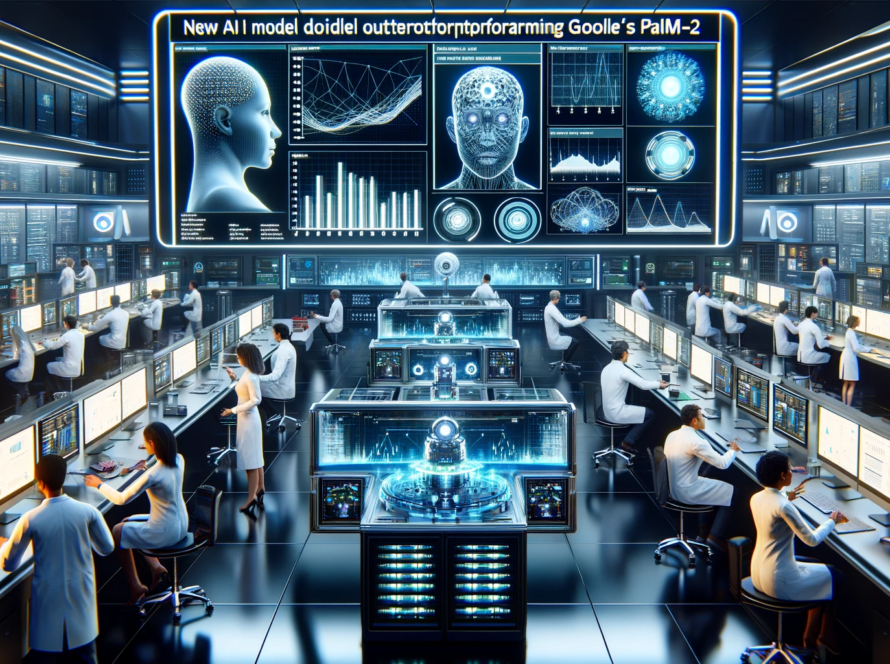The Evolution of AI in Content GenerationAI content creation tools have significantly evolved and gained mainstream acceptance since the advent of OpenAI’s ChatGPT and Google’s Gemini (formerly Bard). This surge in adoption prompted us to revisit and update our previous evaluations of AI content generators.
ChatGPT: Transforming the Content Landscape
Introduced by OpenAI in November 2022, ChatGPT marked a major milestone with its user-friendly access to advanced generative AI models like GPT-3.5 and later GPT-4. By January 2023, it had amassed over 100 million users, becoming the fastest-growing application ever. This milestone underscored the increasing reliance on generative AI across various sectors, particularly in content creation
Gemini and Other Contenders
Following ChatGPT’s launch, Google Deepmind responded with Gemini in February 2023. Although Gemini introduced innovative features, it has yet to achieve the widespread influence of ChatGPT. Another notable tool is Claude from Anthropic, launched in March 2023, which also seeks to carve out its niche in the AI content arena.

Impact and Ethical Considerations
The rise of these tools has sparked extensive discussions about their ethical implications, creativity impacts, and potential job disruptions. Issues such as copyright disputes and biases in AI outputs are among the primary concerns.
Despite their advantages, AI writers are not without flaws. These include:
- Content Authenticity: AI can generate misleading or factually incorrect content if not properly supervised.
- Writing Style: The prose produced by AI can sometimes seem awkward or unnatural.
- Skill Requirement: Effective use of AI content tools demands a thorough understanding of both the subject matter and the AI technology.
Practical Applications of AI in Content Marketing
Despite the challenges, AI tools can significantly enhance productivity and content creation efficiency when used judiciously.
Where AI Excels
- Scalable Content Tasks: Such as generating product descriptions or meta tags.
- Support Functions: Assisting with drafts, brainstorming, or generating content outlines.
Where AI Falls Short
- In-depth Research: AI cannot replace the need for thorough research or genuine creativity.
- Original Insights: Thought leadership and authoritative content still require a human touch.
Comparative Review of Top AI Content Creation Tools
We revisited several popular AI content creation tools to evaluate their current capabilities and performance.
Overview of Tools Tested
Here is a summary of the AI content creation tools we explored, highlighting their key features and performance in our tests:
|
Tool Name |
Launch Date |
Key Features |
Free Version Available |
Performance Notes |
|
ChatGPT |
Nov 2022 |
Access to GPT-3.5 and GPT-4 models |
Yes |
High-quality output, versatile applications |
|
Gemini |
Feb 2023 |
Built on Google’s Gemini platform |
Yes |
Diverse outputs, requires fact-checking |
|
Claude |
Mar 2023 |
Focuses on fewer biases |
No |
Less mainstream, ethical AI usage |
|
Writesonic |
– |
Marketing and blog content generation |
Yes |
Effective for quick drafts |
|
Copy.ai |
– |
Diverse content types, privacy focus |
Yes |
Good quality, privacy assured |
|
HyperWrite |
– |
Chrome extension, easy integration |
Yes |
Similar to ChatGPT output |
|
Rytr |
– |
Supports multiple languages and tones |
Yes |
Less natural output |
|
LongShot |
– |
Long-form content assistance |
Yes |
In-depth articles, requires careful review |
|
Jasper AI |
– |
SEO-optimized content |
No |
Well-written, SEO-focused output |
|
Scalenut |
– |
Integrated SEO content creation |
Yes |
Comprehensive tools, effective output |
|
Anyword |
– |
Custom AI model training |
Yes |
Aligns well with specific brand needs |
Conclusion:
-
The Role of AI in Future Content Creation
AI tools are reshaping content creation, offering unprecedented speed and efficiency. However, the unique value of human creativity and insight remains irreplaceable. As AI continues to evolve, it is crucial for content creators to leverage these tools responsibly, ensuring that quality and authenticity prevail.
The landscape of AI content creation is rapidly changing, and it is essential for professionals in the field to stay informed and adaptive to these advancements.



